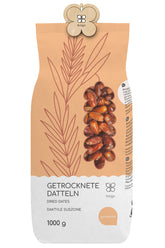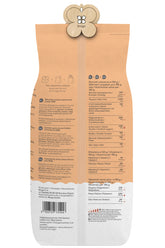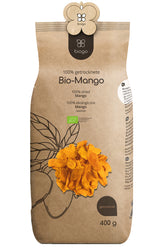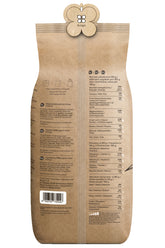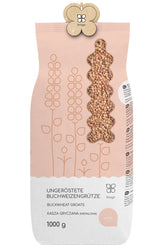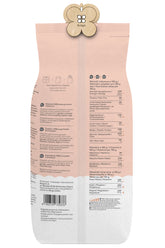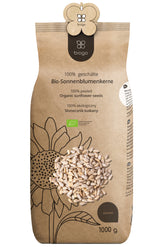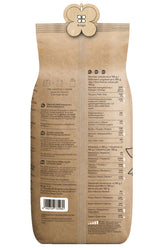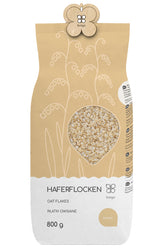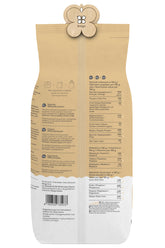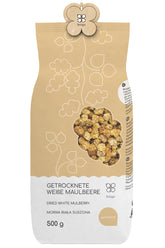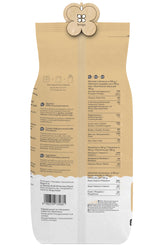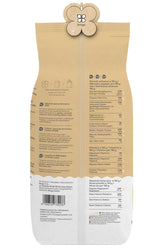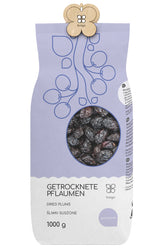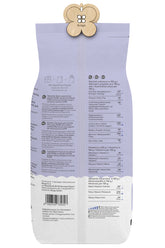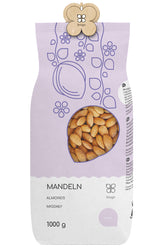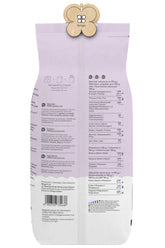In a time when the health and sustainability of our diet are gaining increasing importance, plant-based fats are coming more into focus. One of these valuable oils is flaxseed oil, which not only convinces in taste but also offers numerous health benefits. In this blog post, you will learn why you should integrate flaxseed oil into your diet instead of conventional, refined oils.
The Benefits of Flaxseed Oil
Flaxseed oil is a true all-rounder among plant-based oils. It is characterized by a high content of healthy omega-3 fatty acids, which are of great importance for our body. Additionally, it contains valuable antioxidants, vitamins, and phytonutrients that support our health in many ways.
Omega-3 Fatty Acids
The high content of omega-3 fatty acids, particularly alpha-linolenic acid (ALA), is one of the main reasons why flaxseed oil is so valuable for our health. Omega-3 fatty acids play an important role in regulating inflammatory processes in the body and help reduce the risk of cardiovascular diseases.
Studies have shown that regular consumption of flaxseed oil can positively influence cholesterol levels and lower blood pressure. Additionally, flaxseed oil is associated with improved brain function and a reduced risk of dementia.
Antioxidant Effect
Flaxseed oil contains, besides omega-3 fatty acids, a variety of valuable antioxidants. These include lignans, tocopherols, and carotenoids. These substances protect our cells from oxidative stress and help reduce the risk of various diseases such as cancer, diabetes, and Alzheimer's.
Additional Ingredients
In addition to omega-3 fatty acids and antioxidants, flaxseed oil also contains other valuable nutrients such as vitamins (particularly vitamin E) and phytonutrients. These components support, among other things, skin health, immune system function, and bone health.
Why flaxseed oil instead of refined oil?
Many people reach for conventional, refined oils like sunflower oil or rapeseed oil in their daily lives. However, these oils differ in many ways from flaxseed oil and are not always the best choice for a healthy diet.
Degree of Processing
Refined oils like sunflower oil or rapeseed oil are produced through an industrial process where they are exposed to high temperatures, chemicals, and strong filtration. As a result, many valuable components such as vitamins, antioxidants, and unsaturated fatty acids are lost.
In contrast, flaxseed oil is gently cold-pressed. This process largely preserves the valuable nutrients of the oil, making it a significantly healthier fat for nutrition.
Fatty Acid Profile
Refined oils like sunflower oil or rapeseed oil typically contain a high proportion of omega-6 fatty acids but only few omega-3 fatty acids. This imbalance can negatively affect our health, as omega-6 fatty acids in excessive amounts can promote inflammation.
Flaxseed oil, on the other hand, is characterized by a significantly higher proportion of omega-3 fatty acids, which significantly improves the ratio to omega-6 fatty acids. As a result, flaxseed oil can help reduce inflammation in the body.
Heat Stability
Refined oils like sunflower oil or rapeseed oil are less heat-resistant due to their chemical structure. When heated, harmful substances such as free radicals can form.
Flaxseed oil, on the other hand, is less stable under heat due to its high content of unsaturated fatty acids. It should therefore preferably be used cold, for example in salads, dips, or as an ingredient in smoothies.
How can I incorporate flaxseed oil into my daily routine?
There are many ways to incorporate flaxseed oil into your diet and thus benefit from the numerous health advantages. Here are some suggestions:
Salads and Dressings
Flaxseed oil is excellent as an ingredient for salads and dressings. Simply add a tablespoon of the oil to your vinaigrette or mix it with your salad vegetables.
Smoothies and Shakes
Flaxseed oil can be wonderfully incorporated into smoothies and shakes. Just add a teaspoon of the oil to your favorite recipe.
Bread Spreads and Dips
Mix flaxseed oil into hummus, avocado spread, or other bread spreads. This way you'll get not only tasty but also healthy snacks.
Baking and Cooking
Flaxseed oil can also be used in baking and cooking. Simply replace a portion of the conventional oil or butter in your recipes with it.
No matter how you incorporate flaxseed oil into your daily routine – it's a valuable component of a balanced, healthy diet. Try it out and enjoy the benefits of this valuable plant-based fat!

